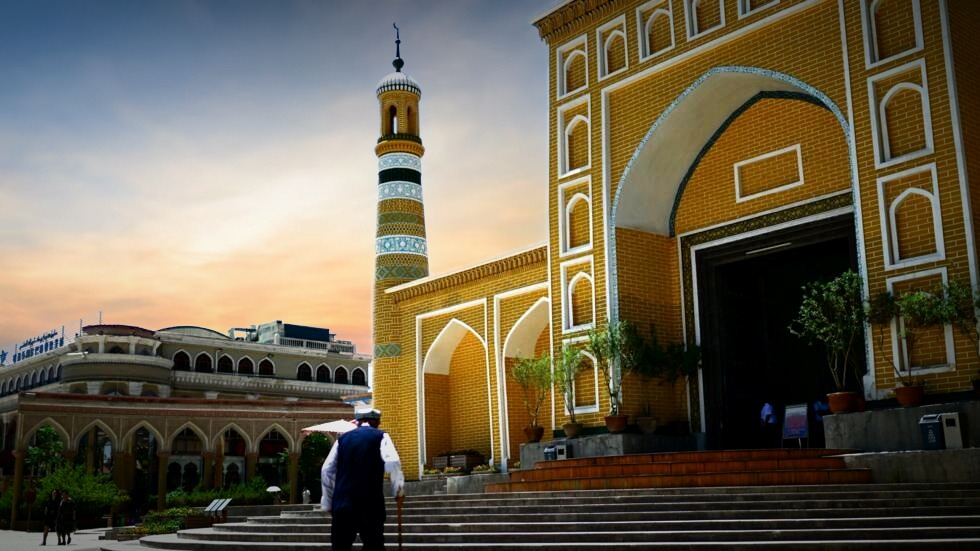


NEW DELHI: The Human Rights Watch report released on Wednesday reveals that the Chinese government has extended its mosque closure campaign beyond Xinjiang, a region long accused of persecuting Muslim minorities.
The report, relying on public documents, satellite images, and witness testimonies, disclosed that authorities have shuttered mosques in the northern Ningxia region and Gansu province. These areas are inhabited by significant populations of Hui Muslims, and the closures are officially termed as “consolidation.”
Local authorities have undertaken the removal of architectural features from mosques, aiming to give them a more “Chinese” appearance. This is part of the ruling Communist Party’s broader campaign to enhance control over religion and mitigate potential challenges to its authority.
In 2016, President Xi Jinping advocated for the “Sinicization” of religions, leading to a crackdown primarily focused on the western region of Xinjiang, which is inhabited by over 11 million Uyghurs and other Muslim minorities.
A report by the United Nations last year indicated that China might have engaged in “crimes against humanity” in Xinjiang, citing the construction of a system of extrajudicial internment camps that reportedly detained over 1 million Uyghurs, Huis, Kazakhs, and Kyrgyz.
Chinese officials have shut down, dismantled, or repurposed mosques for non-religious functions in areas beyond Xinjiang, as part of an initiative targeting religious expression, states a report by Human Rights Watch.
The Chinese Foreign Ministry did not respond immediately to faxed inquiries regarding the report and its official stance on Muslim minorities.
One of the earliest documented mentions of “mosque consolidation” can be found in an internal party document dated April 2018, which was leaked to US media as part of a collection of documents known as the “Xinjiang Papers.”
The document directed state agencies nationwide to “enhance the standardised management of the construction, renovation, and expansion of Islamic religious venues” and emphasised the prohibition of “newly built Islamic venues” with the aim of “reducing the overall number (of mosques).”
“The Chinese government is not ‘consolidating’ mosques as it claims, but closing many down in violation of religious freedom,” said Maya Wang, acting China director at Human Rights Watch. “The Chinese government’s closure, destruction and repurposing of mosques is part of a systematic effort to curb the practice of Islam in China.”
In Liaoqiao and Chuankou villages in Ningxia, officials dismantled the domes and minarets of seven mosques and demolished the main structures of three of them from 2019 to 2021, as per videos and images shared online. This information was verified using satellite imagery by researchers from the Human Rights Watch.
In Guanghe county, Gansu, officials in 2020 “revoked the registration of 12 mosques, shut down five mosques, and upgraded and consolidated another five,” according to information from the government’s annual yearbook, as cited in the report.